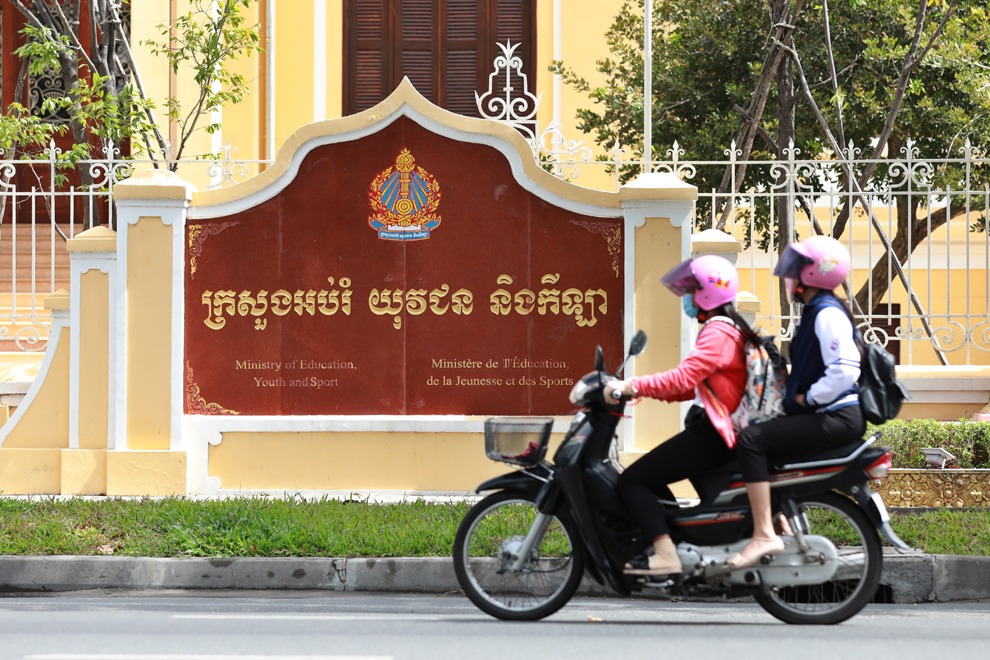When it comes to making informed decisions about your child’s learning, understanding the Cambodian education system is essential. Whether you’re a local parent or an expatriate living in Phnom Penh or beyond, navigating school options, curriculum standards, and education pathways can be complex. This guide breaks down the structure, key stages, and considerations every parent should know.
Overview of the Cambodian Education System
Cambodia’s formal education system follows a 6-3-3 model:
-
6 years of primary education
-
3 years of lower secondary education
-
3 years of upper secondary education
After completing Grade 12, students sit for the National High School Exam (Bac II), which determines their eligibility for university or vocational training.
The Ministry of Education, Youth and Sport (MoEYS) oversees national education policy and curriculum standards. In recent years, reforms have aimed to improve access, quality, and equity across the country.
Early Childhood Education (Preschool)
Preschool in Cambodia is not mandatory but is increasingly recognized as a critical foundation for child development. Programs typically serve children ages 3–5 and are offered by public schools, private centers, NGOs, and international institutions.
Quality early childhood education supports language development, social skills, and school readiness. Parents should look for preschools with trained teachers, age-appropriate activities, and a safe, nurturing environment.
Primary Education (Grades 1–6)
Primary school is compulsory and begins at age 6. Children learn Khmer, mathematics, science, moral and civic education, and basic life skills. In urban areas, some schools offer English or French as a second language.
Many parents also consider private or international schools at this stage for enhanced language instruction, smaller class sizes, or enrichment programs.
Lower and Upper Secondary (Grades 7–12)
In lower secondary (Grades 7–9), subjects expand to include biology, chemistry, physics, and world history. After Grade 9, students must pass national exams to progress to upper secondary.
Upper secondary (Grades 10–12) prepares students for higher education or the workforce. The Grade 12 national exam (Bac II) is a high-stakes test that influences university placement. Students may also attend technical and vocational schools after Grade 9 or 12, depending on their interests and performance.
International and Private Schools
Many families in Cambodia consider international schools for global curricula such as IB, Cambridge, or American programs. These schools often provide bilingual education, modern facilities, and extracurricular opportunities. However, they vary in quality and cost, so thorough research is crucial.
Private Khmer schools offer a mix of national curriculum and foreign language instruction, often in a more affordable format than international schools. They are popular among families seeking a blend of traditional and modern education.
Inclusive and Special Education
Support for children with disabilities or learning differences is growing in Cambodia. Some schools partner with therapy centers, offer individualized education plans (IEPs), or provide shadow teachers. However, access remains limited, so parents must carefully evaluate options and ask about inclusion policies.
Understanding the Cambodian education system helps parents make confident, informed choices about their child’s future. Whether you’re considering public, private, or international schools, knowing how the system works is the first step in shaping a strong educational journey.
If the information about the school is not accurate and insufficient, Contact us.
Do you want to register your school? Click here.







